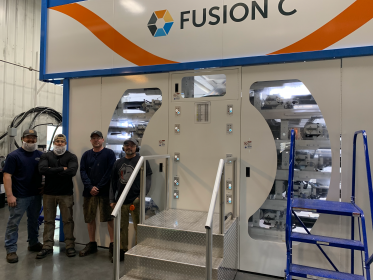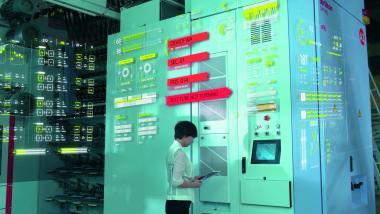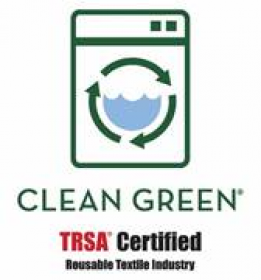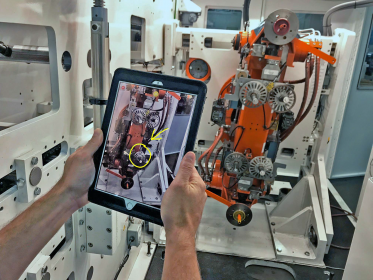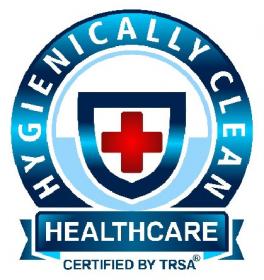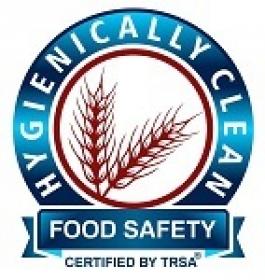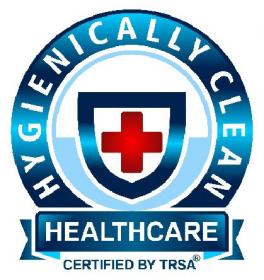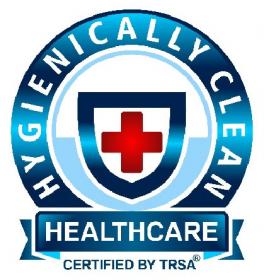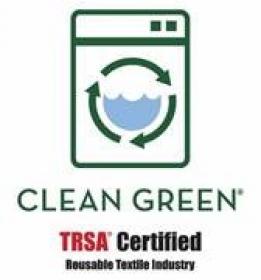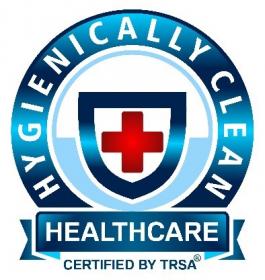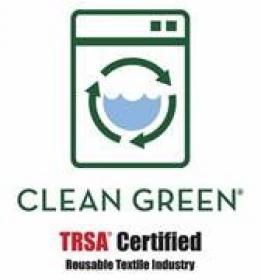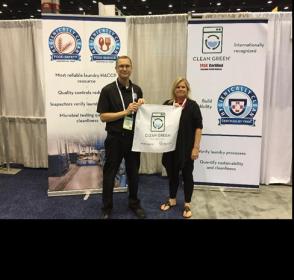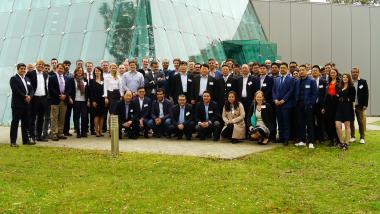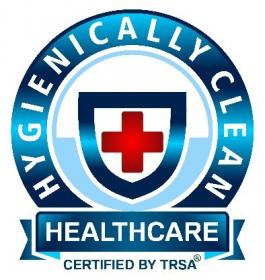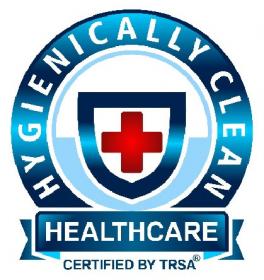PCMC: Installation of Fusion C printing press at packaging supplier Yellowstone Plastics
Paper Converting Machine Company (PCMC), part of Barry-Wehmiller, has announced the installation of a new Fusion C printing press at flexible packaging supplier Yellowstone Plastics (affiliated with Volm Companies), located in South Idaho Falls, Idaho. The 42-inch, 10-color Fusion C began production in February.
Since the installation, Yellowstone Plastics has increased the quality and quantity of its product offerings, thanks to innovative Fusion C features including Flextreme drying, 100 percent web inspection, the Intelliprint auto-impression setting and SteadyPrint.
“We are very excited about the results we are getting out of this press,” said Lou Figueria, Director of Printing and Graphics Operations, Yellowstone Plastics. “We are running a mixture of short runs and long runs, at 1,000 to 1,200 feet per minute, and the press adjusts very nicely between the two. It is very easy to operate, and its features—such as SteadyPrint and the touchscreen HMI—have been beneficial to our printing and our operators.”
Barry-Wehmiller


